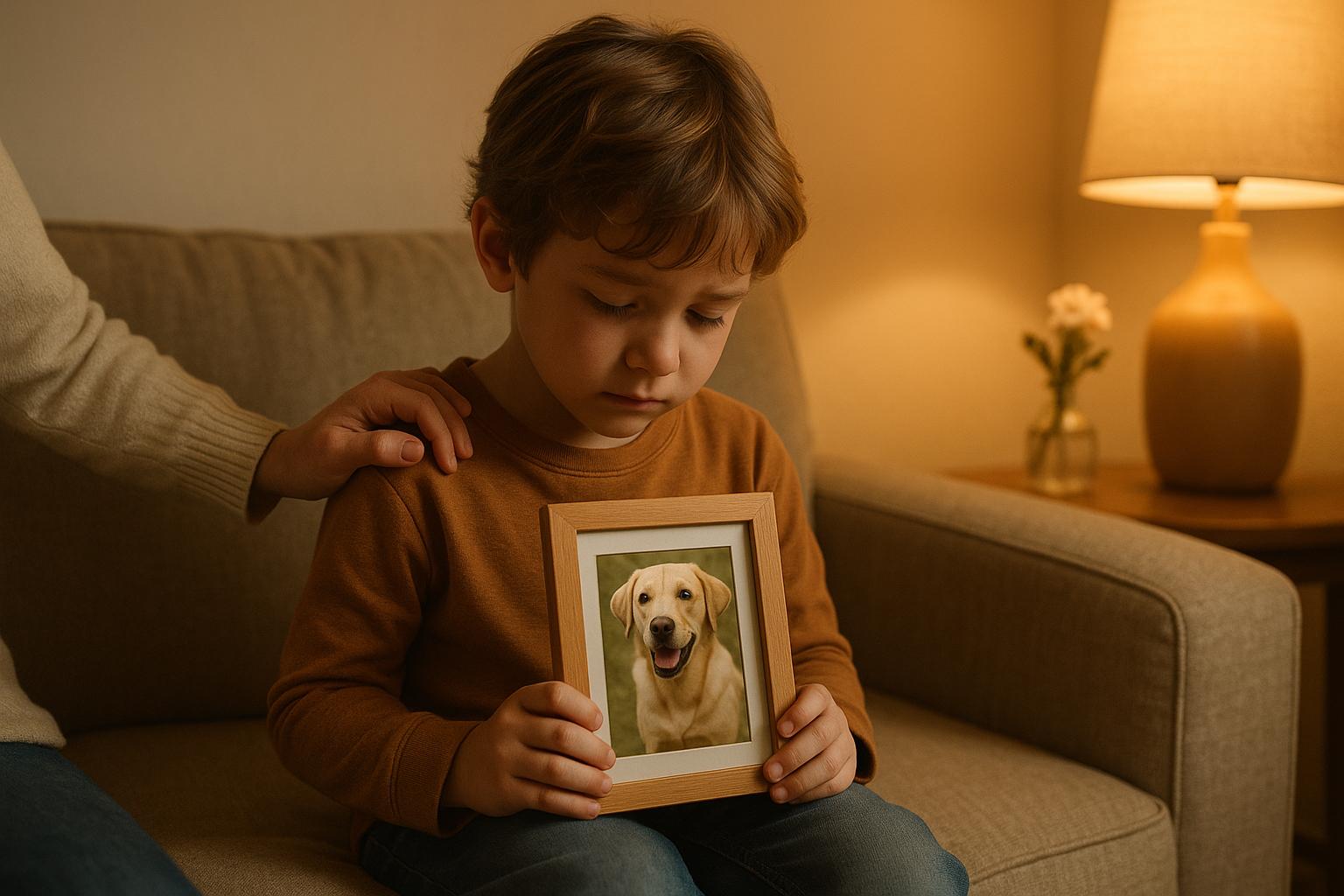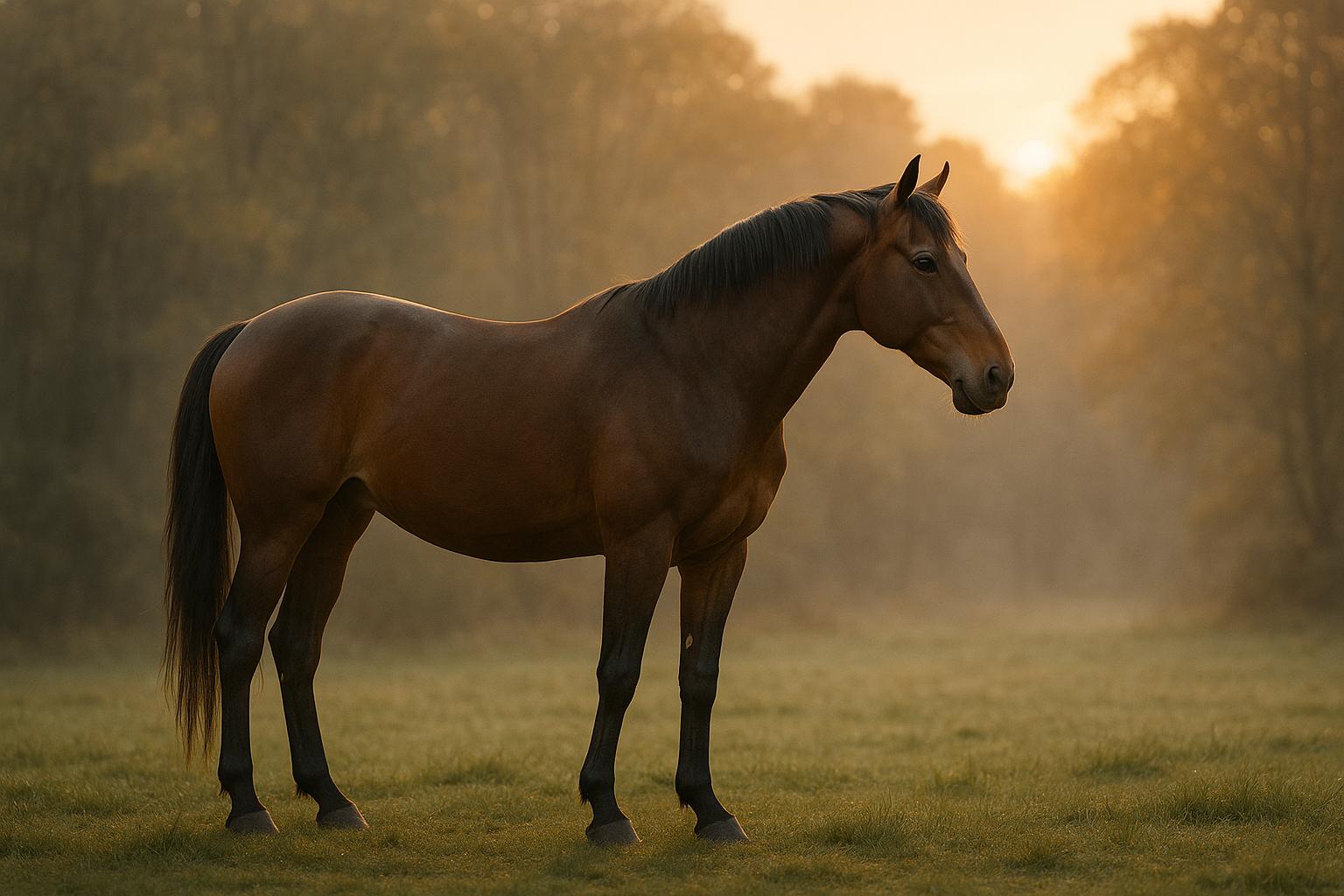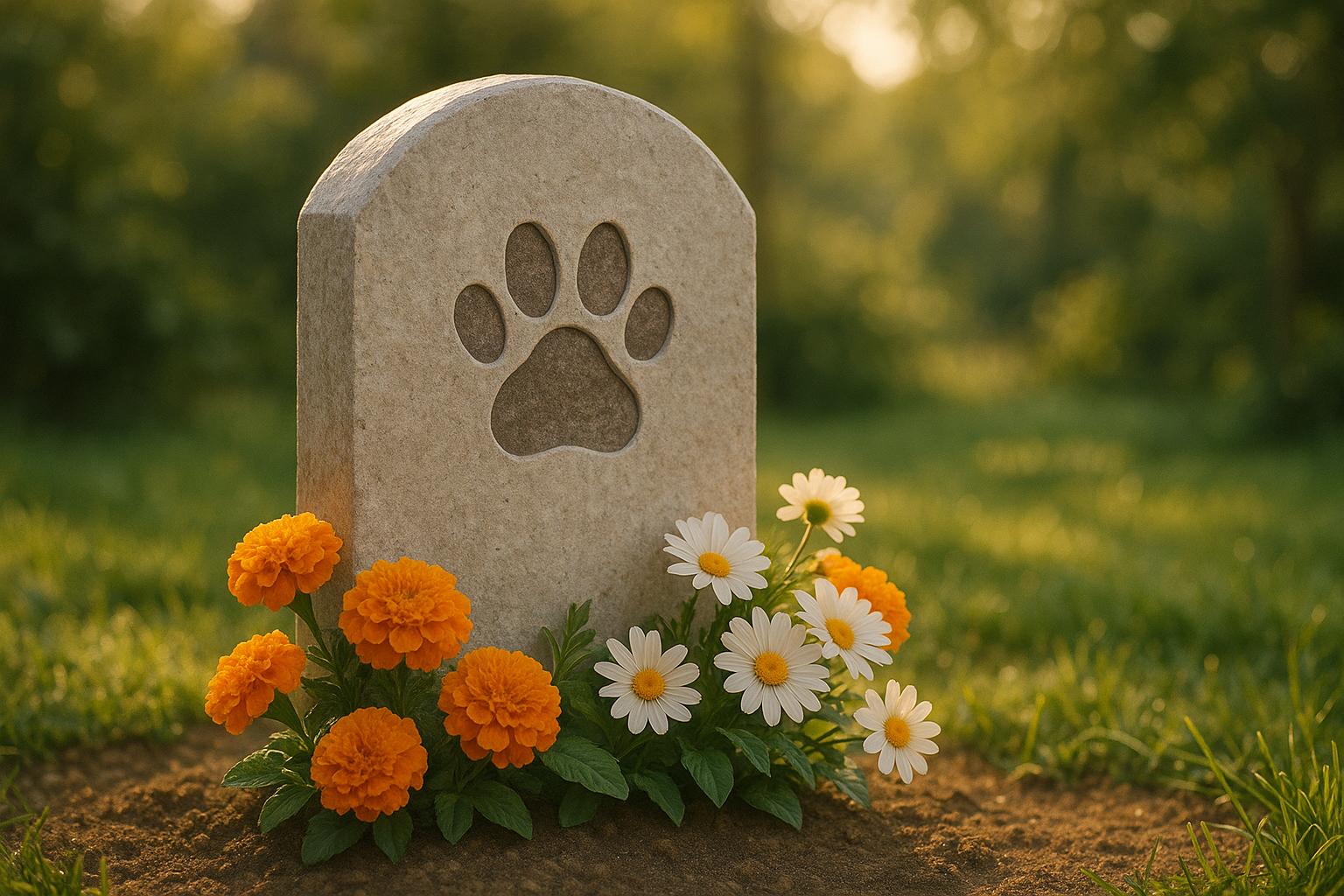Many pet owners wonder if their dogs can smell the ashes of another dog. Dogs possess an extraordinary sense of smell and have the ability to detect scents long after a dog has passed away, which includes identifying the unique scent of cremated remains. Understanding this capacity can provide comfort during a difficult time, as it suggests that your dog may recognize the presence of a beloved companion through their ashes.
As you navigate the grieving process, knowing that your dog can smell the ashes can help strengthen the bond between you and your pet. This connection can be essential in helping both of you cope with loss. At Animal Aftercare, we provide 24/7 Pet and Equine Cremation and Euthanasia services, ensuring that your beloved pets receive the utmost care during their final moments.
If you've lost a dog, exploring how your remaining dog may respond to their ashes can offer insights into their emotional state. As you consider the next steps in honoring their memory, remember that the unique relationship you share with your dog can be a source of resilience during this challenging time.
The Canine Sense of Smell
Dogs possess an extraordinary sense of smell, far superior to that of humans. This ability allows them to detect varying scents and identify unique odor profiles. Two critical aspects of this remarkable sense are the roles of olfactory receptors and the capability to recognize distinct scent profiles.
Understanding Olfactory Receptors
A dog's sense of smell relies on approximately 300 million olfactory receptors, compared to about 6 million in humans. These receptors are specialized for detecting different molecules, making dogs exceptionally sensitive to scents.
The large surface area of a dog's nasal cavity enhances its ability to capture and analyze odors. Each receptor sends signals to the brain, allowing the dog to decipher complex smells in their environment. This acute sensitivity is what enables dogs to discern even the faintest traces of a scent, including those associated with deceased companions.
Scent Profile Recognition
Dogs excel at recognizing unique scent profiles, allowing them to identify individual animals and even their ashes. When a dog encounters a scent, their brain processes it by comparing it to existing memory patterns of previously encountered odors.
This means your dog may be able to recognize the distinct scent of another dog’s ashes, although this capability may vary based on training and exposure. According to experts, dogs can often pick up on emotional cues through scent, further enhancing their understanding of their environment. By utilizing their powerful sense of smell, dogs can connect deeply with lost companions, which is why Animal Aftercare provides specialized services for pet memorials, offering 24/7 Pet and Equine Cremation and Euthanasia to support grieving pet owners during this challenging time.
Dogs' Perception of Ashes
Understanding how dogs perceive the ashes of their companions can provide insight into their emotional responses and sensory abilities. Their acute sense of smell plays a vital role in recognizing these remnants, while their unique behaviors reflect their grief and attachment.
Can Dogs Smell Cremated Remains?
Yes, dogs can detect the scent of cremated remains, although it may vary depending on the type of ashes. The cremation process alters the original scent profile, but dogs still possess an incredible olfactory system that can pick up on specific chemical markers present in ashes.
When encountering ashes, dogs might show curiosity, sniffing intently or exhibiting signs of recognition. Factors such as the presence of other materials mixed with the ashes can influence their ability to detect the scent. For instance, if the ashes are blended with soil or water, it may mask identifying scents. Understanding this aspect can help you interpret your dog's reaction to the remains of a fellow canine.
Behavioral Changes in Dogs
Interactions with the ashes of a deceased companion can lead to notable behavioral changes in dogs. Many pet owners report that their dogs may become more withdrawn or anxious when they first sense the presence of ashes. This change may stem from their recognition of loss.
Common behaviors include increased sniffing, searching for the deceased dog, or changes in sleeping patterns. Some dogs may also show signs of comfort-seeking, like staying close to the ashes or becoming more affectionate with their owner. These behaviors often indicate a grieving process, highlighting the bond they shared.
At Animal Aftercare, we provide 24/7 Pet and Equine Cremation and Euthanasia services, ensuring respectful handling of your pet's remains during these emotional times.
The Grieving Process in Dogs
Grief can affect dogs similarly to how it affects humans. Understanding the signs and how to support your canine companion is crucial during this sensitive time.
Identifying Signs of Grief
Dogs experience grief when they lose a fellow canine or another significant companion. Common signs include:
- Changes in Appetite: You may notice your dog eating less or refusing food altogether.
- Withdrawal: Dogs might seek solitude, avoiding interaction with family or their favorite activities.
- Vocalization: Some dogs may whimper, howl, or exhibit other vocal signs of distress.
- Restlessness: Increased pacing or inability to settle can signal unease.
- Changes in Sleep Patterns: A grieving dog may sleep more or develop insomnia.
Recognizing these behaviors is the first step in helping your dog through this emotional period.
Supporting a Grieving Canine Companion
Supporting your dog during grief involves providing comfort and routine. Here are some effective strategies:
- Maintain a Routine: Keeping to regular feeding and walking schedules can create a sense of stability.
- Spend Quality Time: Engaging in gentle play or simply being present can help soothe your dog.
- Provide Emotional Support: Physical touch, such as petting or cuddling, strengthens your bond and reassures them.
- Consider Professional Help: If your dog shows severe signs of depression, consult a veterinarian for advice.
For those facing the loss of a pet, Animal Aftercare offers compassionate support, including 24/7 Pet and Equine Cremation and Euthanasia services, ensuring you have the best options during difficult times.
Practical Considerations for Dog Owners
As a dog owner, managing your pet’s remains can be a sensitive task. Proper handling of cremated ashes and creating a lasting memorial are essential steps in honoring your canine companion.
Storing Cremated Ashes
When it comes to storing your dog's cremated ashes, choosing a sealed container is crucial. This helps preserve the integrity of the ashes while also protecting them from environmental factors.
Select a container that resonates with you, whether it’s a decorative urn or a simple box. Ensure it is durable and stored in a safe location, away from direct sunlight and humidity. You might consider placing the container in a meaningful space, like a favorite spot in your home.
For those looking to travel or keep the ashes portable, opt for smaller, travel-friendly containers. This way, you can always carry a piece of your beloved pet with you. Remember, preserving these ashes is not only about storage but also about maintaining the memory of your pet.
Creating a Memorial
Creating a memorial for your dog can be a healing process. Start by selecting a meaningful location, such as your backyard or a favorite park. You can dedicate a small area for a memorial.
Incorporate elements like a marker with your dog’s name and dates, or plant a tree or flowers to commemorate their time with you. Personalizing the memorial with shared memories, such as photos or toys, adds a special touch.
Consider using services like those provided by Animal Aftercare, which assist pet owners with dignified cremation and memorial options. Our expertise ensures a compassionate approach during this emotional time, providing support when you need it most. Such a memorial can serve as a lasting tribute, helping you and your family remember your cherished friend.
Scientific Evidence and Anecdotal Accounts
The ability of dogs to detect scents is well-documented, and this raises questions about their capability to identify the ashes of other dogs. Scientific studies and discussions from pet owners provide insight into this intriguing topic.
Research on Olfactory Detection
Dogs possess an extraordinary sense of smell, equipped with up to 300 million olfactory receptors compared to about 6 million in humans. This advanced olfactory system enables them to detect familiar scents, including those of deceased companions. Research indicates that dogs can differentiate between various smells and may recognize a familiar scent even in cremated ashes.
While direct scientific studies on dogs recognizing another dog's ashes are limited, anecdotal evidence suggests they can retain an emotional connection to their deceased peers through scent. This connection may help in the grieving process for both the pet and the owner. Understanding this unique ability can deepen your bond with your canine companion during difficult times.
Reddit Discussions on Canine Behavior
Platforms like Reddit often feature discussions among pet owners sharing their experiences regarding dogs and the loss of fellow canines. Many users recount stories of their dogs reacting to the ashes of deceased pets by sniffing curiously or exhibiting changes in behavior.
These personal accounts highlight the possibility that dogs may be sensitive to the scent of their deceased companions, displaying signs of recognition or confusion. While not scientifically validated, these observations resonate with many owners and suggest that dogs may indeed respond to the familiar scents of those they have lost.
For pet owners facing loss, services offered by Animal Aftercare provide compassionate options for 24/7 pet and equine cremation and euthanasia. This commitment can offer peace of mind during difficult times as you navigate your pet's passing.







